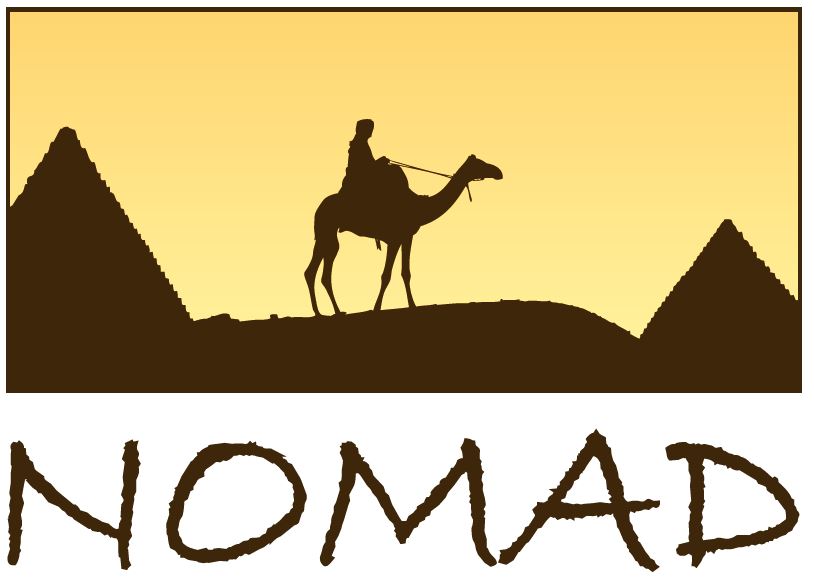Nomad Bioscience and Fraunhofer Institute for Cell Therapy and Immunology Enter into a Research and Development Agreement
Nomad Bioscience GmbH, Munich/Halle, Germany (“NOMAD”) is pleased to announce that the Company has entered into a broad research and development agreement with the Department of Drug Design and Target Validation of the Fraunhofer Institute for Cell Therapy and Immunology (Fraunhofer IZI), headquartered in Leipzig, Germany.
The agreement covers multiple areas of research and early development of NOMAD’s R&D pipeline product candidates, including but not limited to, non-antibiotic antibacterial proteins bacteriocins for control of multi-drug and pan-drug resistant pathogenic Gram-negative bacteria (Klebsiella, Escherichia, Pseudomonas, Salmonella) as well as antiviral proteins lectins for prevention and early therapy of enveloped viruses such as includes coronaviruses, influenza viruses and human immunodeficiency viruses. The partnership provides NOMAD with access to Fraunhofer IZI´s expertise and research capabilities in areas of drug development, immunology, assay development, toxicology and in vivo testing.
“We are very pleased to enter into this agreement”, said Prof. Yuri Gleba, NOMAD’s CEO.
“The global challenges we face today include potentially existential threats to mankind posed by rapidly evolving bacteria and viruses, and the current global coronavirus pandemic underscores the statement. Although the world’s attention is on the viral pandemic now, the emergence of the multi-drug resistant and pan-drug resistant bacteria that evolved so as to evade practically all antibiotics, should be equally worrying. NOMAD is one of few companies developing antibacterials and antivirals of entirely new classes, and we intend to aggressively develop our products and bring them to the market promptly through partnerships with strategic partners.
We have worked with our colleagues from Fraunhofer IZI before and learned to value highly their expertise and research excellence. I see them as perfect partners that will allow us to significantly accelerate our research and development programs.”
“The Department of Drug Design and Target Validation of Fraunhofer IZI is a strong partner for Biotech industry in terms of early preclinical drug development. We are delighted to enter into the collaboration with NOMAD”, added Dr. Holger Cynis, Head of Molecular Biotechnology Unit at Fraunhofer IZI, ”since it makes use of our long-standing preclinical experience. In a first series of experiments, we are testing novel antibacterial and antiviral drugs for their safety and efficacy in different model systems in order to contribute to the fight against the antibiotic resistance crisis that is currently ramping.”
About Nomad Bioscience GmbH
Nomad Bioscience, headquartered in Munich/Halle, Germany, is a private biotechnology company developing plant-made biopharmaceuticals, food additives, biomaterials and agronomic traits that address critical unmet needs. Nomad’s plant-based transient protein expression technologies are licensed to several companies for a broad range of products. Nomad’s product pipeline consists of several selected protein candidates for human and animal health, food safety and taste modification including plant-made antimicrobial proteins (colicins, lysins and other bacteriocins), antiviral proteins such as griffithsin and other lectins, as well as taste modifying proteins including thaumatins.
The Company is actively seeking corporate partners to help develop and commercialize its products.
Contact info: gleba@nomadbioscience.com
About Fraunhofer Institute for Cell Therapy and Immunology
The Fraunhofer Institute for Cell Therapy and Immunology IZI investigates and develops solutions to specific problems at the interfaces of medicine, life sciences and engineering. One of the institute‘s main tasks is to conduct contract research for companies, hospitals, diagnostic laboratories and research institutes operating in the field of biotechnology, pharmaceuticals and medical engineering. The Fraunhofer IZI develops, optimizes and validates methods, materials and products for the business units Cell and Gene Therapy, Drugs and Diagnostics. Its areas of competence lie in cell biology, immunology, drug biochemistry, bioanalytics and bioproduction as well as process development and automation. The research focus is on developments in the field of immunoncology and infection research.





